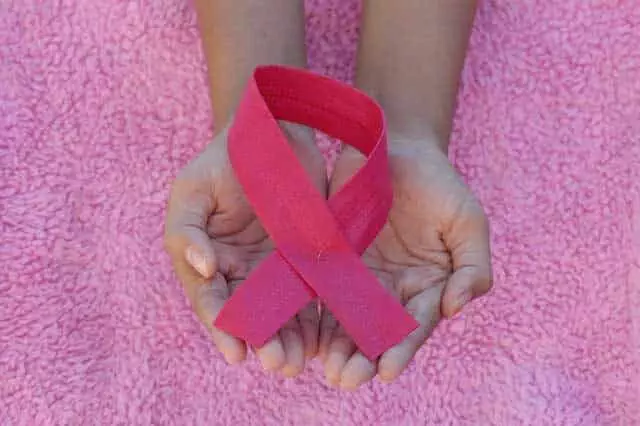Table of Contents
Having elderly loved one diagnosed with cancer can be overwhelming and disheartening. Your support and assistance will be crucial in helping them through this challenging period.
In this article, we’ll discuss a few essential factors to consider when taking care of your elderly loved one undergoing cancer treatment.
Understanding the Treatment Plan

First and foremost, it’s crucial to familiarize yourself with your loved one’s cancer treatment options and their individual plan. Do some research to educate yourself about the various types of therapies, the side effects, and potential complications. Learning about the treatment process eases the uncertainties and fears, which helps you better support and comfort your loved one throughout their journey.
Attend doctor appointments with your elderly family member to know firsthand the information and instructions given by the medical team. In this way, you’ll have a clear understanding of the expectations and can better coordinate care. Make sure to ask questions if in doubt and always keep the lines of communication open with the health care providers.
Cancer treatment can be a long and challenging journey. Therefore, you need to involve your loved one in the decision-making process, considering their preferences and opinions. By doing so, you empower them to have a degree of control over their life and well-being, which can have a positive impact on their mental health and motivation to undergo treatment.
Managing Side Effects and Personal Care
Cancer treatment often causes various side effects ranging from fatigue, pain, and nausea to depression and anxiety. As a caregiver, it’s vital to understand how to manage these side effects effectively. Talk to the health care team for recommendations on medications, dietary changes, and complementary therapies to relieve symptoms and improve your loved one’s overall well-being.
Personal care is another aspect that needs attention during this period. A cancer diagnosis might bring about physical or emotional challenges that prevent your elderly loved one from carrying out regular activities, such as bathing, dressing, or mobility. Be prepared to offer gentle, compassionate assistance in managing their personal care needs. Providing emotional support, actively listening, and being there for them will also be invaluable.
Help your loved one maintain their independence as much as possible, encouraging them to do what they can on their own. In cases where they need additional support, consider in-home care services or professional caregivers who specialize in assisting seniors undergoing cancer treatment.
Facilitating Transportation and Errands

Transportation may become a significant barrier to accessing treatment for seniors, especially if they’re no longer able to drive. Arrange for reliable transportation to and from medical appointments, ensuring they arrive safely and promptly. Consider asking other family members or friends to assist with transportation if you’re unable to be there in person. For medical transportation services, a great option is a medical transportation company in your local area.
Aside from medical appointments, elderly individuals also need assistance with daily errands such as grocery shopping. To provide optimal support, take advantage of grocery delivery for seniors and consider enlisting the help of neighbors or other family members to run errands on their behalf.
Remember that maintaining a nutritious and balanced diet plays a vital role in cancer treatment. Therefore, ensure your elderly loved one has access to healthy meals throughout the day, helping them maintain their strength and energy levels during therapy.
Financial Assistance and Legal Matters
Cancer treatments often come with hefty expenses that may cause financial stress on your elderly loved one. To ease this burden, search for financial assistance programs or aid through health care institutions, cancer foundations, or community-based organizations.
Ensure legal matters such as wills, advance directives, or power of attorney are in order, providing peace of mind for your elderly loved one in facing the future with a sense of security. Seek the help of legal professionals, if necessary, to navigate the complexities of these issues.
Overall, supporting elderly loved one going through cancer treatment will necessitate empathy, patience, and compassion. By understanding the treatment plan, managing side effects, providing personal care, facilitating transportation, and handling financial and legal matters, you can ensure they receive the best possible care and have a sense of support, love, and encouragement during this challenging time.


